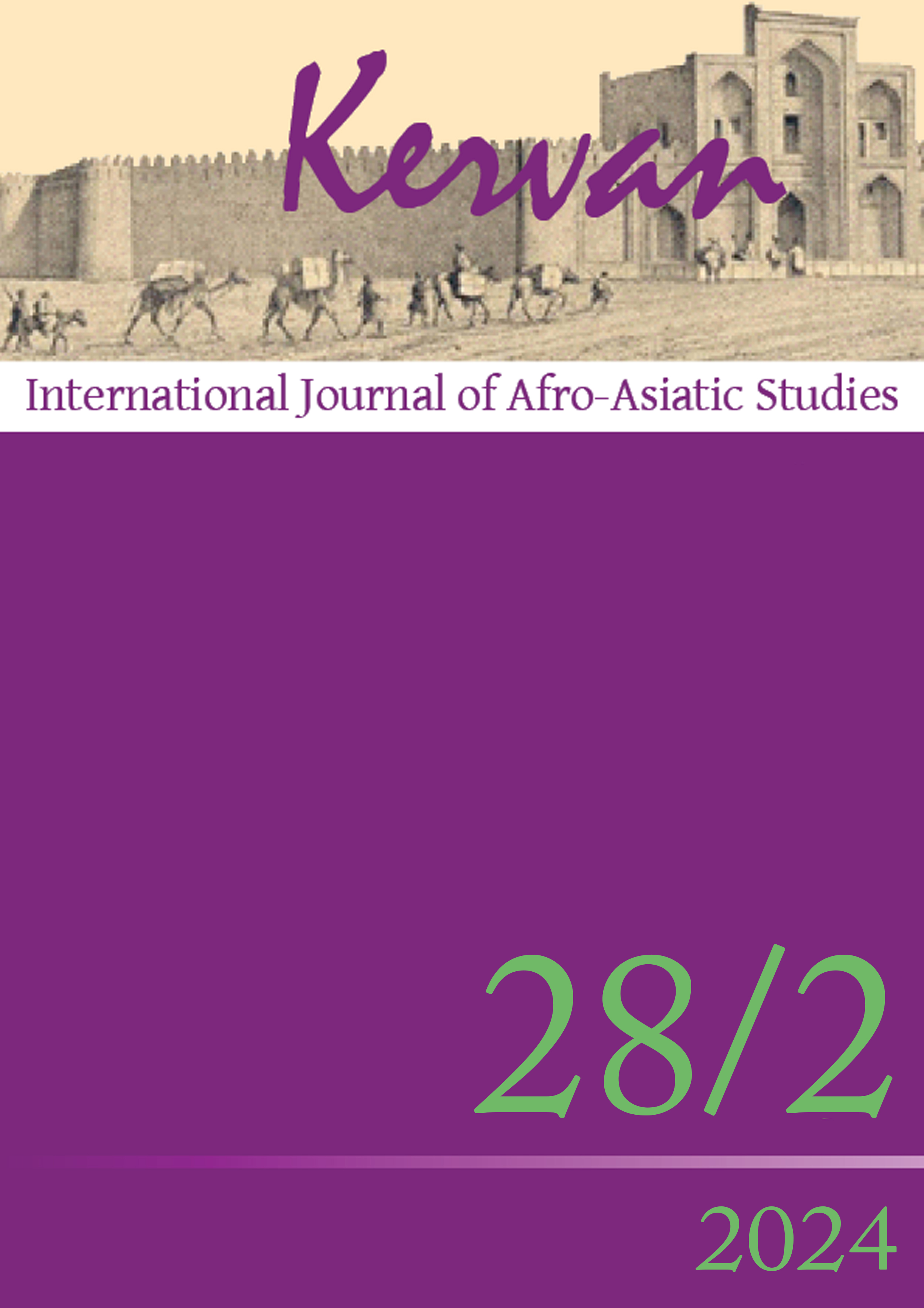Dubbing in Moroccan Arabic, or when sound engineers become sociolinguists
DOI:
https://doi.org/10.13135/1825-263X/11455Abstract
Dubbing soap-operas in an uncodified language variety, such as Moroccan Arabic vernacular, raises the issue of which language norms should be followed in writing the scripts. Added to that, Moroccan dubbing professionals cannot resort to a single dialect variety that is unanimously recognised as the national ‘standard dialect,’ unlike e. g. their Egyptian colleagues who can rely on Cairene. Since 2009—when the first series dubbed in Moroccan Arabic was launched—this has presented the staff of Morocco’s first dubbing studio, Plug-In, with the remarkable challenge of creating dārīža dialogues for foreign soap-operas while at the same time dealing with diatopic and diastratic linguistic variation. On the basis of direct observations and interviews carried out at the studios, this paper shows with which criteria this work of linguistic management is brought forth, and to what extent it can be compared to traditional processes of (e.g. European) language standardisation. First of all, several examples of linguistic choices made by sound engineers and voice actors are reported and explained, usually through the words of the staff themselves. For the sake of exposition, such choices are grouped according to their aim: avoiding varieties other than dārīža, discarding features that index negative qualities and increasing the realism of language. Subsequently, a comparison with the traditional standardisation process, as described by Haugen, shows how Plug-In’s work of linguistic selection does not reach complete standardisation, especially as regards selection, codification and elaboration. While this is an expectable result, it is interesting to underline that this incompleteness is ultimately due to the purpose of dubbing, which is commercialising a show to a national audience; it is therefore suggested that the three cited aspects of standardisation are, in the case of dubbing in dārīža, subordinated to the fourth remaining aspect, i. e. acceptance.
Downloads
Downloads
Published
Issue
Section
License
Gli autori che pubblicano su Kervan accettano le seguenti condizioni:
- Gli autori mantengono i diritti sulla loro opera e cedono alla rivista il diritto di prima pubblicazione dell'opera, contemporaneamente licenziata sotto una Licenza Creative Commons - Attribuzione che permette ad altri di condividere l'opera indicando la paternità intellettuale e la prima pubblicazione su questa rivista.
- Gli autori possono aderire ad altri accordi di licenza non esclusiva per la distribuzione della versione dell'opera pubblicata (es. depositarla in un archivio istituzionale o pubblicarla in una monografia), a patto di indicare che la prima pubblicazione è avvenuta su questa rivista.


 The articles that have appeared on Kervan since 2016 are rated as Class A in the system of National Scientific Qualification (ASN, disciplines 10/N1 and 10/N3).
The articles that have appeared on Kervan since 2016 are rated as Class A in the system of National Scientific Qualification (ASN, disciplines 10/N1 and 10/N3). The journal has been approved for inclusion in DOAJ. The DOAJ listing of the journal is available at
The journal has been approved for inclusion in DOAJ. The DOAJ listing of the journal is available at  The journal has been approved for inclusion in ERIH PLUS. The ERIH PLUS listing of the journal is available at
The journal has been approved for inclusion in ERIH PLUS. The ERIH PLUS listing of the journal is available at  Kervan was just accepted for indexing in SCOPUS. This important milestone ensures that articles published in Kervan are easily found when searching for library, archives and Information science and it enables Kervan authors to keep track of how often their article has been cited by others.
Kervan was just accepted for indexing in SCOPUS. This important milestone ensures that articles published in Kervan are easily found when searching for library, archives and Information science and it enables Kervan authors to keep track of how often their article has been cited by others.

